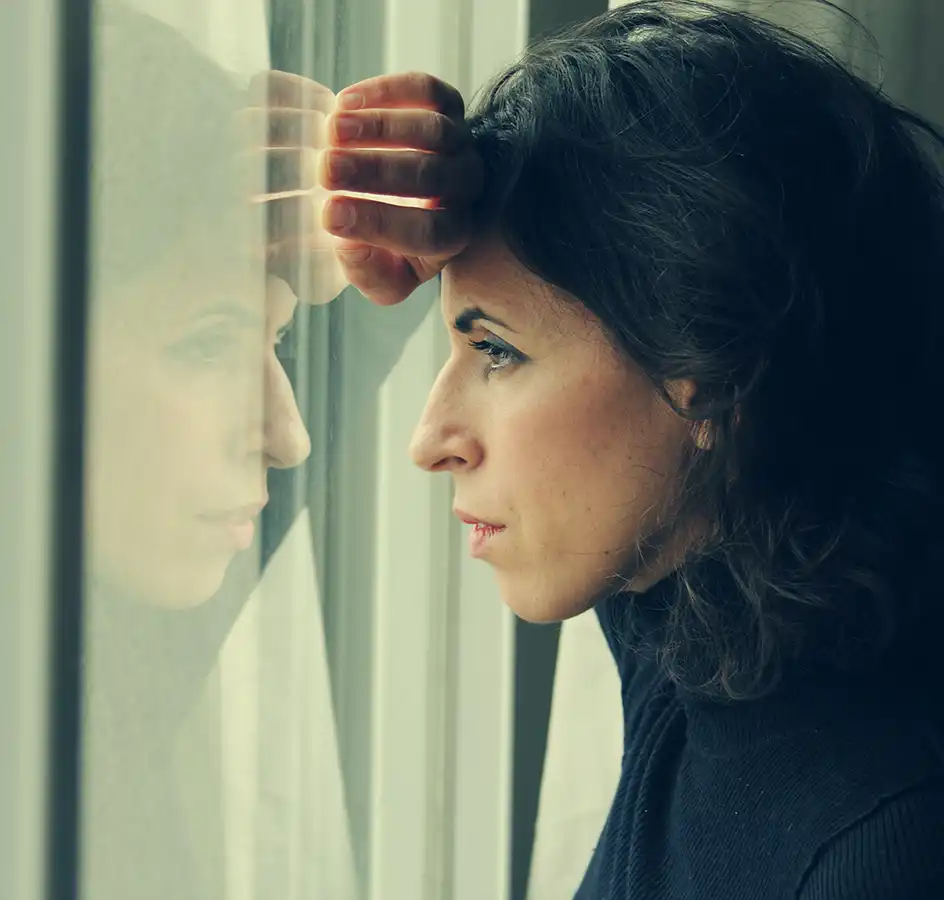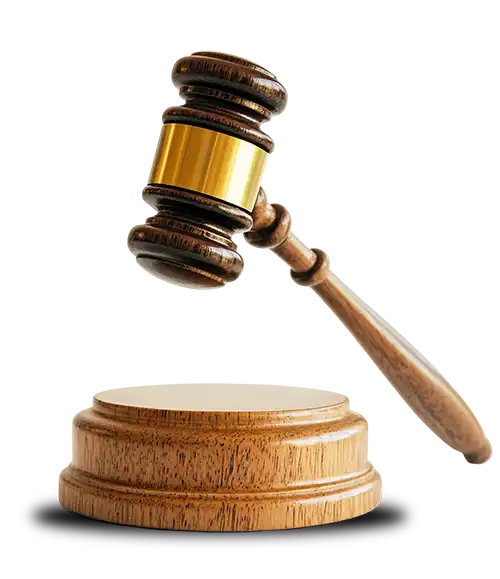Statute of Limitations in Clergy Abuse Cases
Survivors have the right to file lawsuits seeking justice and compensation, but timing is critical. The statute of limitations—the legal deadline to begin a lawsuit—varies widely from state to state. In many states, there are special provisions that extend or pause these deadlines when the victim is a minor, often allowing cases to be filed after they reach adulthood.
Because these laws are complex and constantly evolving, survivors benefit greatly from working with attorneys experienced in clergy sexual abuse cases. Expert legal guidance helps survivors understand their rights, understand the legal process, and meet necessary deadlines.
Rights of Survivors
Survivors of clergy sexual abuse have important rights protected under the law. They are entitled to pursue financial compensation for the emotional, psychological, and physical harm they have suffered. The long-term effects of such abuse are widely recognized, impacting everything from mental health to personal relationships and quality of life.
During the legal process, survivors also have the right to privacy and dignity. Courts strive to ensure survivors are treated with respect and their experiences validated. While some survivors choose not to speak out publicly, pursuing legal action can bring accountability, holding both the individual abuser and the religious institution responsible when sufficient evidence is presented.
The Claim Filing Process
Filing a lawsuit is a courageous step toward reclaiming control and seeking justice. It begins with a consultation with an attorney who specializes in institutional sexual abuse cases, particularly those involving clergy.
The legal team will carefully review the facts, advise survivors of their rights and options, and help gather evidence to support the claim. This evidence may include survivor testimony, witness statements, medical and counseling records, and institutional documents. Gathering proof can be challenging, especially when institutions may have tried to cover up abuse or intimidate witnesses.
Because the process requires survivors to revisit painful memories, it is crucial that legal teams approach cases with empathy and compassion. Mental health support should be offered alongside legal assistance to help survivors through the emotional challenges of litigation.
















